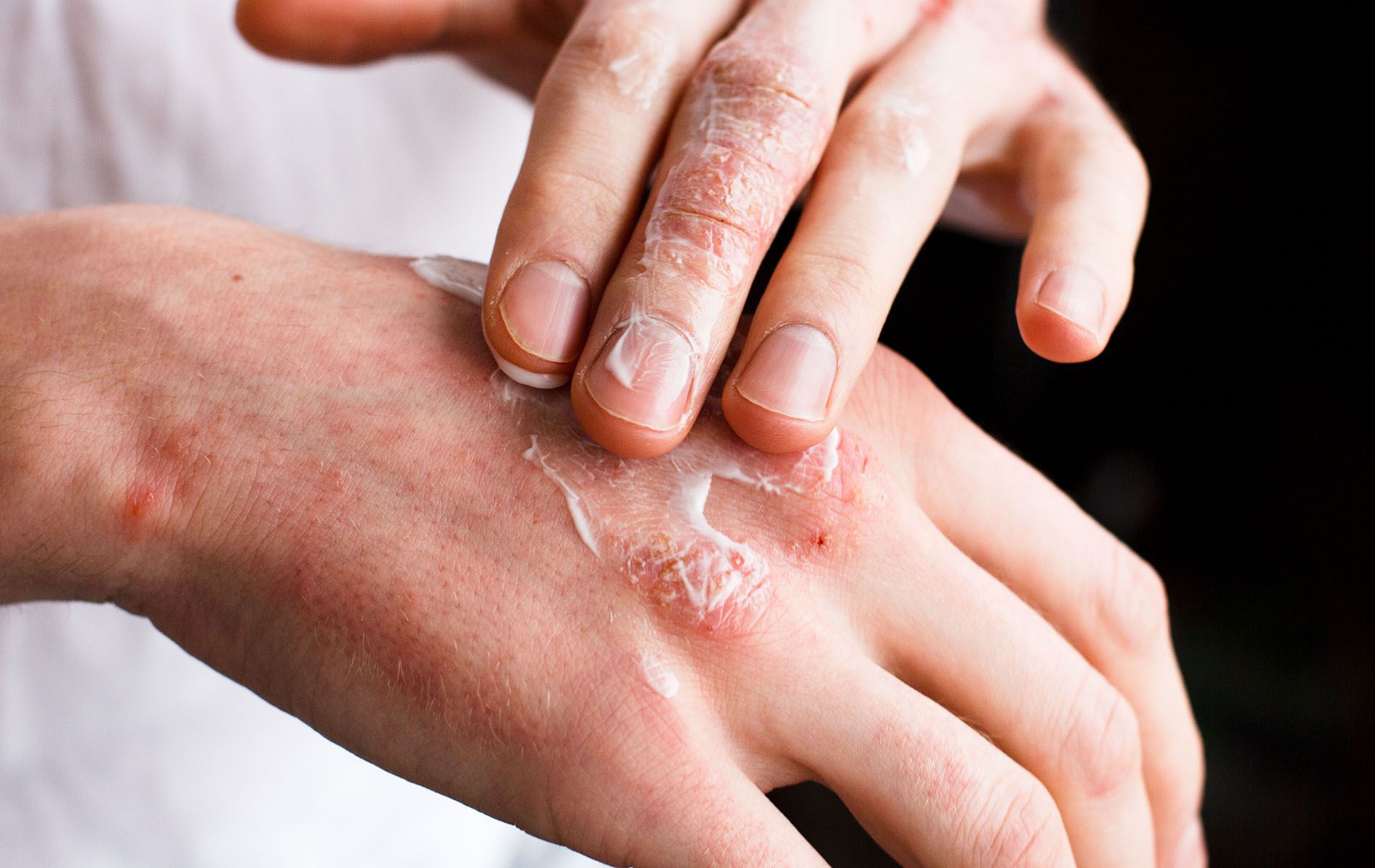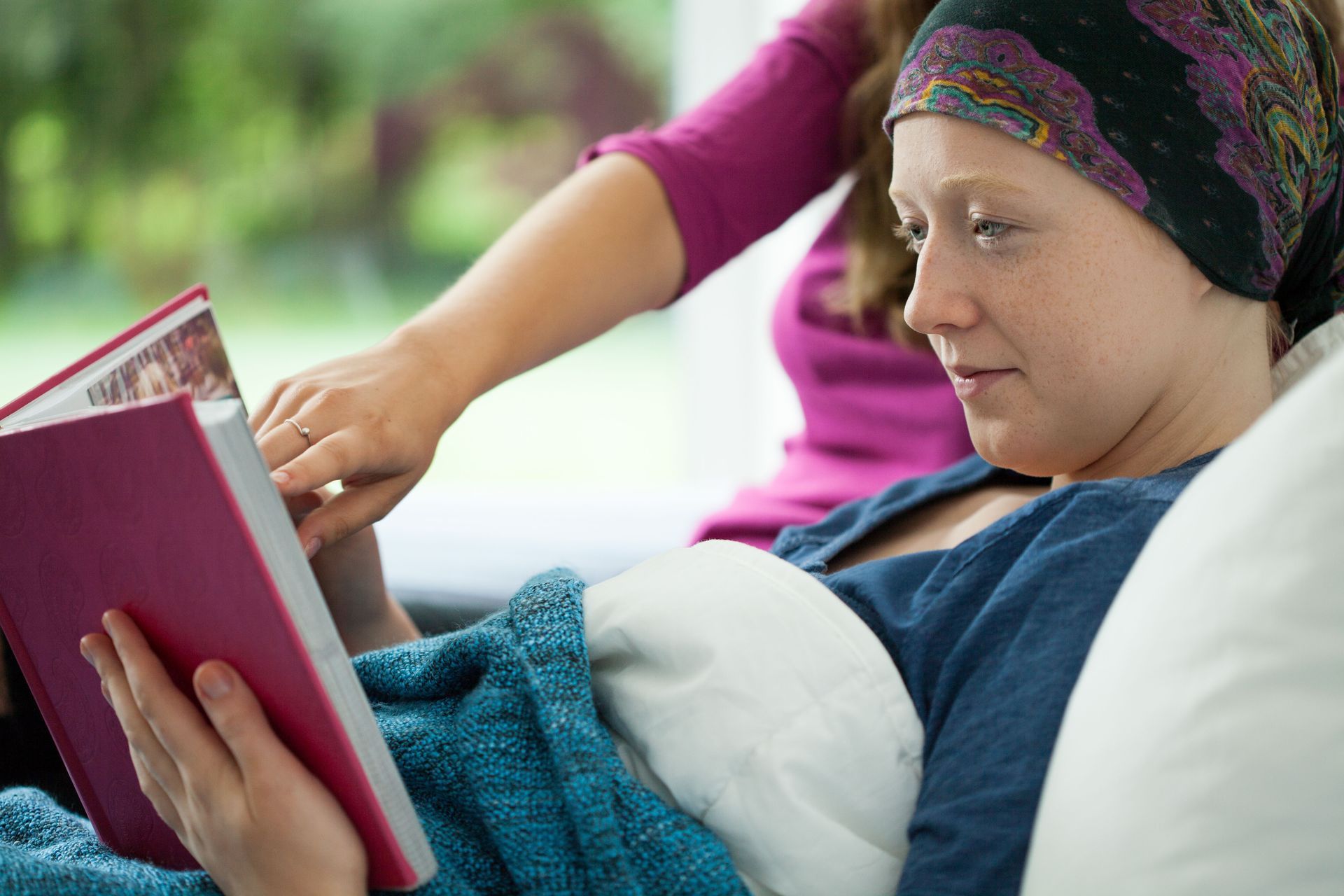Managing Dry Skin During Cancer Treatment: What You Need to Know
Why Dry Skin Happens During Cancer Therapy
Dry, flaky, or irritated skin is one of the most common side effects of cancer treatments like chemotherapy and radiation. These therapies affect not only cancer cells but also healthy skin cells, often disrupting your skin’s natural moisture barrier. The result? Dehydration, sensitivity, and discomfort.
Common Signs of Treatment-Related Dryness
- Flaky or peeling skin
- Rough or tight skin texture
- Itchiness or irritation
- Cracks or small fissures
- Increased sensitivity to products or weather
How to Hydrate and Protect Your Skin
1. Choose the Right Moisturizer Look for moisturizers designed specifically for compromised or sensitive skin. Products from Kureology M.D., which specializes in skincare for individuals undergoing cancer treatment, are formulated to deeply hydrate without using common irritants like synthetic fragrances or alcohol.
2. Apply Moisturizer Consistently Hydration works best when it’s consistent. Apply moisturizer at least twice a day—especially after bathing—while your skin is still slightly damp. This helps seal in moisture and protect the skin barrier.
3. Use Gentle Cleansers Skip the foaming soaps and body washes with harsh detergents. Use a fragrance-free, creamy cleanser that won’t strip your skin of its natural oils. Stick to lukewarm (not hot) water and avoid rough towels or scrubbing.
4. Stay Hydrated From the Inside Out Drink plenty of water throughout the day to help keep your skin hydrated. Eating hydrating foods—like cucumbers, oranges, and leafy greens—can also support your skin’s moisture levels.
5. Avoid Irritants During treatment, your skin can become more reactive. Avoid skincare products that contain:
- Alcohol
- Fragrance
- Retinoids or exfoliants
- Sulfates or parabens
Instead, opt for hypoallergenic products designed for compromised skin, like those from Kureology M.D.
6. Protect Your Skin From the Elements Dry, cold, or windy weather can worsen symptoms. Use a humidifier at home if the air is dry, and wear soft, breathable clothing that protects your skin without rubbing or chafing.
When to Call Your Doctor
If you notice severe cracking, bleeding, signs of infection, or worsening irritation, contact your oncology team or dermatologist. Some cases of dry skin may require medical treatment or prescription creams.
Supportive Skincare Backed by Science
Kureology M.D. is dedicated to creating skincare solutions that support patients through every step of cancer treatment. Their products are gentle, effective, and formulated with healing in mind—making them a trusted choice for dry, sensitive skin during therapy.





Share On: